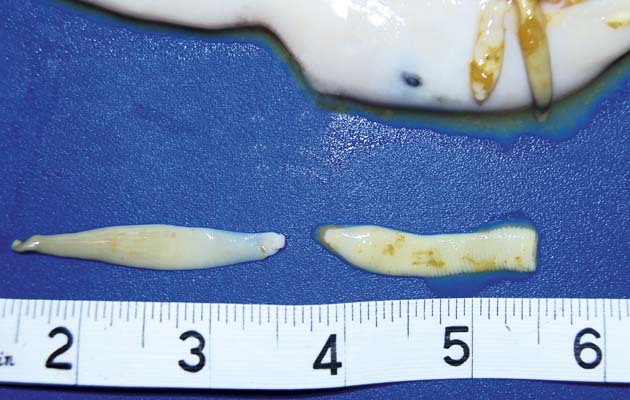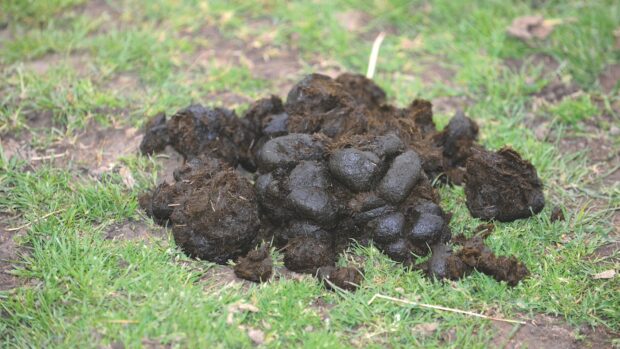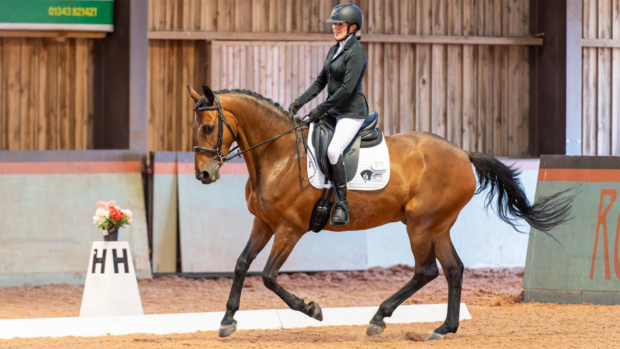A research project is aiming to improve the control of the most common equine tapeworm by finding out more about its intermediate host, the oribatid mite.
The Royal Veterinary College (RVC) and Austin Davis Biologics will monitor three yards infected with tapeworms, each with 20 horses, over an 18-month period after receiving funding from Petplan Charitable Trust.
The project is titled: “Improved control of the equine tapeworm, anoplocephala, through new insights into the biology of the oribatid mite intermediate host”.
Routine sampling of pastures will enable the mite populations to be monitored. Horse saliva will also be tested to monitor tapeworm infection in the horses grazing the paddocks.
“Infected horses pass tapeworm eggs in their faeces that are ingested by oribatid mites, an essential part of the tapeworm’s life cycle, that are found on the pasture,” said the RVC’s Professor Mark Fox.
“Larval tapeworms develop inside the mites within eight to 20 weeks, after which they can infect grazing horses. Despite methods available for the detection of anoplocephala infections in horses, we still know little about the biology of the parasite’s larval stages in these mites or of seasonal patterns of transmission to horses at pasture.”
The study aims to determine the effect of seasonal changes on mite populations, investigate the impact that dung removal has on tapeworm control and examine the effect of deworming treatments.
Continued below…
How to test for and treat tapeworms in horses
New tapeworm test uses equine saliva
Are you worming your horse correctly? 29% of owners are not
“The project seeks to develop more effective parasite control programmes which, together with paddock management recommendations, will ultimately result in a reduction in deworming treatments required,” said Dr Corrine Austin, who set up Austin Davis Biologics in 2009 with her father Professor Paul Davis.
Dr Austin said the company’s EquiSal Tapeworm testing will be used to “understand further the complex balance between the tapeworm, its hosts — the horse and oribatid mite, and its environment”.
The research gets underway in the next few months, with the findings being analysed at RVC’s Hawkshead campus near Hatfield.
H&H 24 March, 2016



